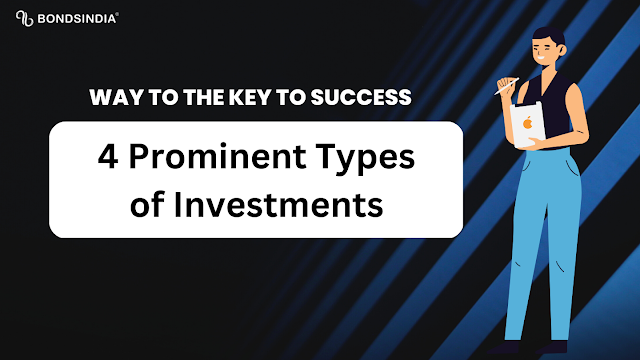Why Adding Zero Coupon Bonds to Your Retirement Plan is a Smart Move

Retirement planning can be overwhelming, and ensuring that you have enough money saved up for your golden years may seem like a daunting task. However, adding zero coupon bonds to your retirement plan can prove to be a smart move for anyone looking to secure their financial future. In this blog post, we'll explore the benefits of incorporating these unique investment vehicles into your portfolio and how they can help provide stability during those crucial retirement years. So, put on your thinking cap, and let's dive in! What are Zero Coupon Bonds? Zero coupon bonds are debt instruments that do not make periodic interest payments. Instead, they are sold at a discount from face value, and the difference between the price paid for the bond and the bond's face value represents the interest income earned on the bond. Because zero-coupon bonds make no periodic interest payments, they offer a unique opportunity to invest in fixed-income securities at a lower cost than traditional...
.png)
.png)
.jpg)
.jpg)
.jpg)
.png)
